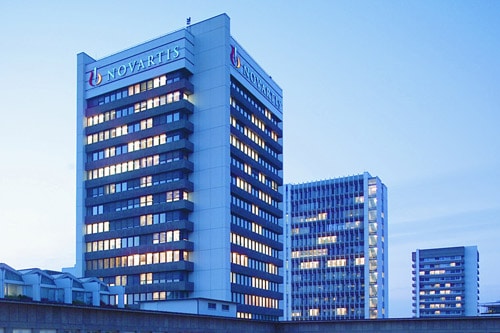
Fresh from the first regulatory approval for its CAR-T therapy CTL019 in the US, Novartis has now turned its attention to Europe.
The company has filed a single, catch-up marketing application to the EMA covering the approved use of CTL109 (tisagenlecleucel) – relapsed or refractory B-cell acute lymphoblastic leukaemia (ALL) – as well as follow-up indication diffuse large B-cell lymphoma (DLBCL) which it submitted to the FDA last month.
The EU filing gives Novartis an opportunity to consolidate its position in CAR-T category, a new form of cancer immunotherapy that uses a patient’s own T cell to fight cancer, and keeps CTL109 (sold as Kymriah in the US) on course to achieve what some analysts predict could become $1bn-plus in peak sales.
As in the US, Novartis is filing for approval in children and young adults with relapsed/refractory ALL and in adults with relapsed/refractory DLBCL who are ineligible for a stem cell transplant, based on the results of the ELIANA and JULIET clinical trials.
Novartis is ploughing a new furrow in cancer immunotherapy along with other companies, and in particular Kite Pharma (now part of Gilead Sciences) which has just claimed US approval for its CAR-T Yescarta (axicabtagene ciloleucel) in relapsed/refractory B cell lymphoma.
Kite was the first to file its new therapy in Europe, seeking approval in August for DLBCL, transformed follicular lymphoma (TFL), and primary mediastinal B-cell lymphoma (PMBCL) in adults ineligible for a stem cell transplant.
“Since the historic FDA approval of Kymriah…we have launched, manufactured and supplied this highly individualised immunocellular therapy in a commercial setting and the submission to the EMA is a major step toward our goal of delivering it to more critically ill cancer patients around the world,” said CEO-elect Vas Narasimhan, who is currently Novartis’ chief medical officer.
The company said it is planning additional regulatory submissions for CTL019 in paediatric and young adult patients with B-cell ALL and adults with DLBCL outside the US and EU in 2018.




